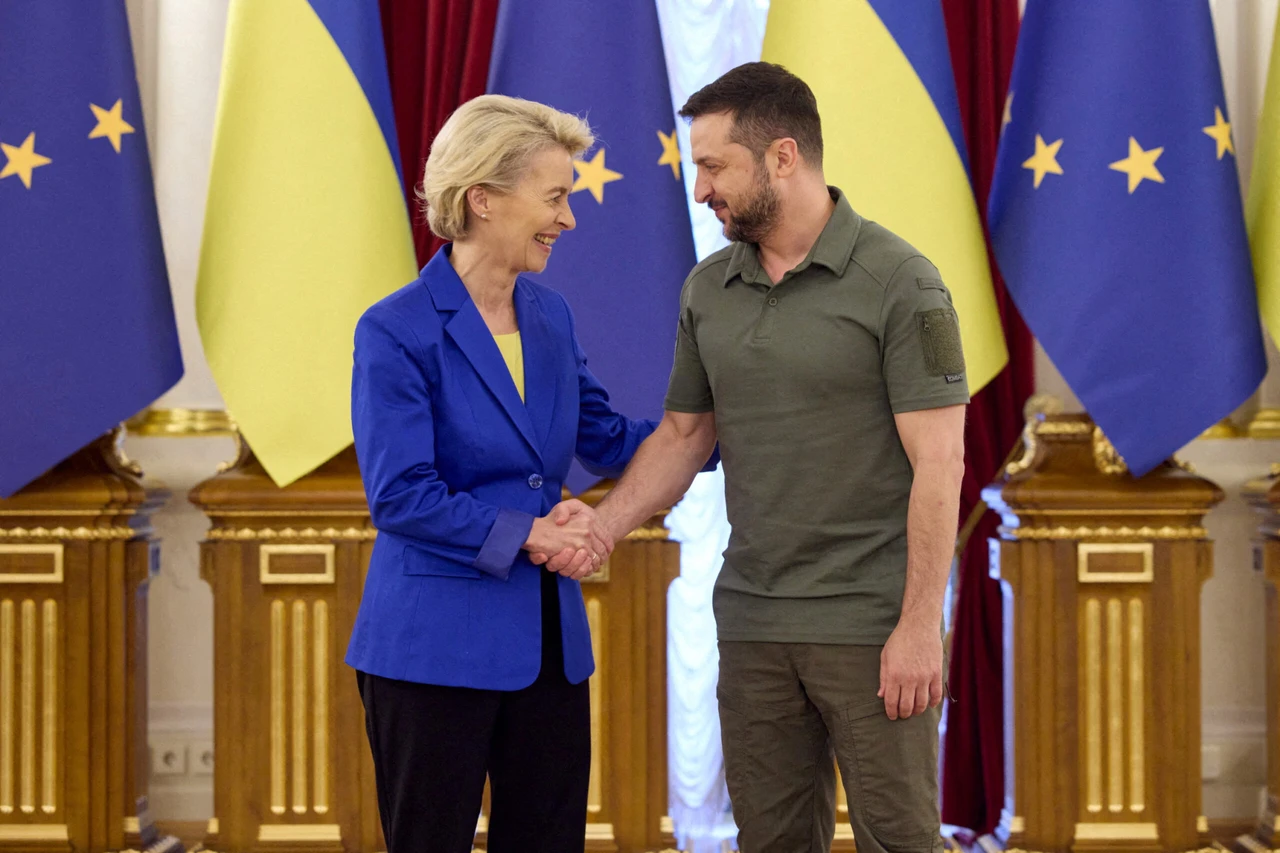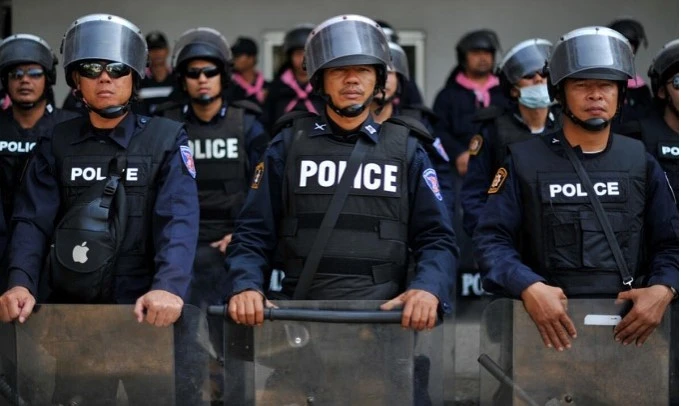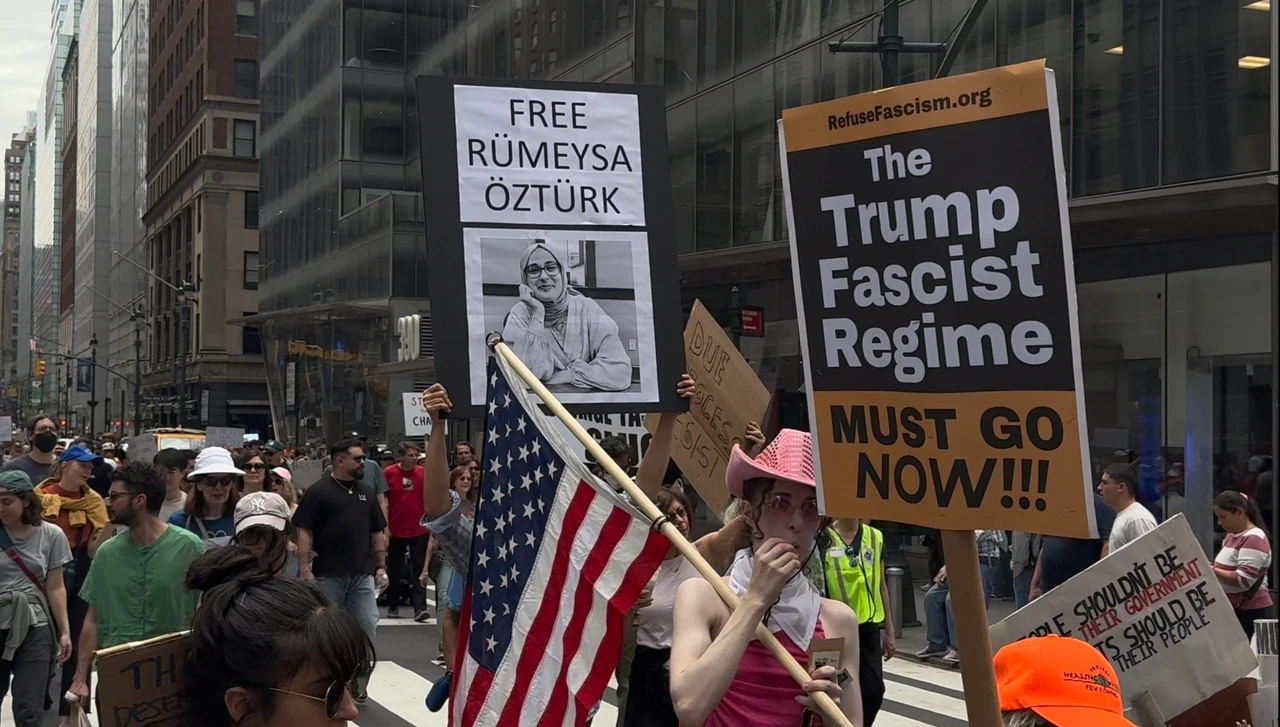Ukraine receives initial $1.6B from frozen Russian assets
 Ukraine's President Volodymyr Zelenskiy and European Commission President Ursula von der Leyen shake hands before meeting, in Kyiv, Ukraine September 15, 2022. (Reuters Photo)
Ukraine's President Volodymyr Zelenskiy and European Commission President Ursula von der Leyen shake hands before meeting, in Kyiv, Ukraine September 15, 2022. (Reuters Photo)
Ukraine has received its initial payment of 1.5 billion euros ($1.6 billion) from frozen Russian assets, the EU said Friday.
This payment is the first move in the EU and G7’s broader initiative to support Ukraine with a $50 billion loan.
The annual interest for this loan will be derived from $325 billion in frozen assets of the Russian Central Bank, which were sanctioned by the EU following Russia’s full-scale invasion of Ukraine in February 2022.
The EU stands with Ukraine. Today we transfer €1.5 billion in proceeds from immobilised Russian assets to the defence and reconstruction of Ukraine.
Ursula von der Leyen, president of the European Commission
Over the past 24 hours, Russia has carried out a series of attacks on Kharkiv and its surrounding areas in northeastern Ukraine, resulting in three fatalities and at least six injuries, local officials reported. The office of a Swiss mine-clearing NGO was also damaged.
Additionally, Moscow launched drones from the occupied Crimean peninsula targeting southern Ukraine, injuring three people and damaging port infrastructure and residential buildings in the city of Izmail.
Earlier this summer, EU’s head of foreign policy Josep Borell announced that Ukraine would begin receiving revenue payments from frozen Russian assets in two installments starting in July.
At the onset of the full-scale invasion in 2022, Ukraine’s Western allies and other partners froze approximately $300 billion in Russian assets. About two-thirds of these assets are held by the Belgium-based financial services company Euroclear.
While some G7 members, such as the U.S., have suggested outright seizure of Russian assets, the EU has been more cautious due to concerns over the legal and fiscal implications of confiscation. Instead, Brussels plans to use windfall profits generated by the frozen assets to support Kyiv.



